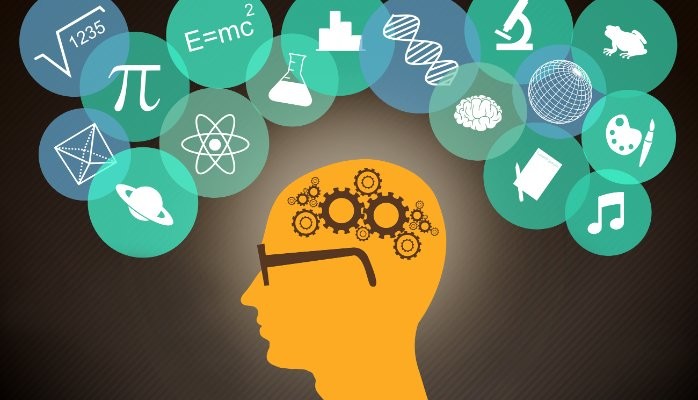Description
Introduction
Emotional Intelligence (EI), the ability to understand and manage emotions in oneself and others, is a critical skill for effective business communication. In professional environments, high EI enhances collaboration, strengthens relationships, and fosters a positive workplace culture. Understanding and practicing EI within communication can transform how individuals navigate complex business interactions, manage conflicts, and lead teams. This training provides a comprehensive understanding of how EI principles can be applied in various business communication scenarios to improve clarity, empathy, and influence.
Prerequisites
- Basic understanding of workplace dynamics and communication practices.
- Willingness to develop self-awareness and interpersonal skills.
- Open mindset for engaging in reflective and interactive exercises.
TABLE OF CONTENT
1. Introduction to Emotional Intelligence and Business Communication
1.1 Overview of Emotional Intelligence
1.2 Significance in Business Communication
2. Understanding Emotional Intelligence
2.1 Definition and Components
2.2 Importance in Professional Settings
3. Emotional Intelligence in Business Communication
3.1 Empathy and Interpersonal Skills
3.2 Self-Awareness and Self-Regulation
3.3 Social Skills and Relationship Management
4. Impact on Leadership and Team Dynamics
4.1 Leadership Styles and Emotional Intelligence
4.2 Team Collaboration and Emotional Intelligence
5. Emotional Intelligence in Conflict Resolution
5.1 Handling Workplace Conflicts
5.2 Negotiation and Emotional Intelligence
6. Effective Communication Strategies
6.1 Verbal and Nonverbal Communication
6.2 Active Listening Skills
6.3 Emotional Expression in Communication
7. Building Emotional Intelligence in the Workplace
7.1 Training and Development Programs
7.2 Creating a Positive Work Environment
8. Emotional Intelligence and Decision Making
8.1 Decision-Making Processes
8.2 Emotionally Intelligent Decision-Making
9. Emotional Intelligence and Customer Relations
9.1 Customer Service and Emotional Intelligence
9.2 Managing Customer Interactions
10. Ethical Considerations in Business Communication
10.1 Emotional Intelligence and Ethical Decision Making
10.2 Building Trust and Credibility
Conclusion
Emotional Intelligence is a cornerstone of effective business communication, enabling professionals to interact with empathy, clarity, and influence. By developing skills in self-awareness, empathy, and adaptive communication, individuals can create meaningful connections, manage conflicts constructively, and foster a more collaborative and positive work environment. Mastery of EI in communication enhances leadership potential and helps individuals navigate the complexities of professional relationships, ultimately contributing to personal and organizational success. This training equips participants with practical techniques to build and apply EI in all areas of business communication, promoting both personal growth and workplace excellence.
If you are looking for customized info, Please contact us here







Reviews
There are no reviews yet.